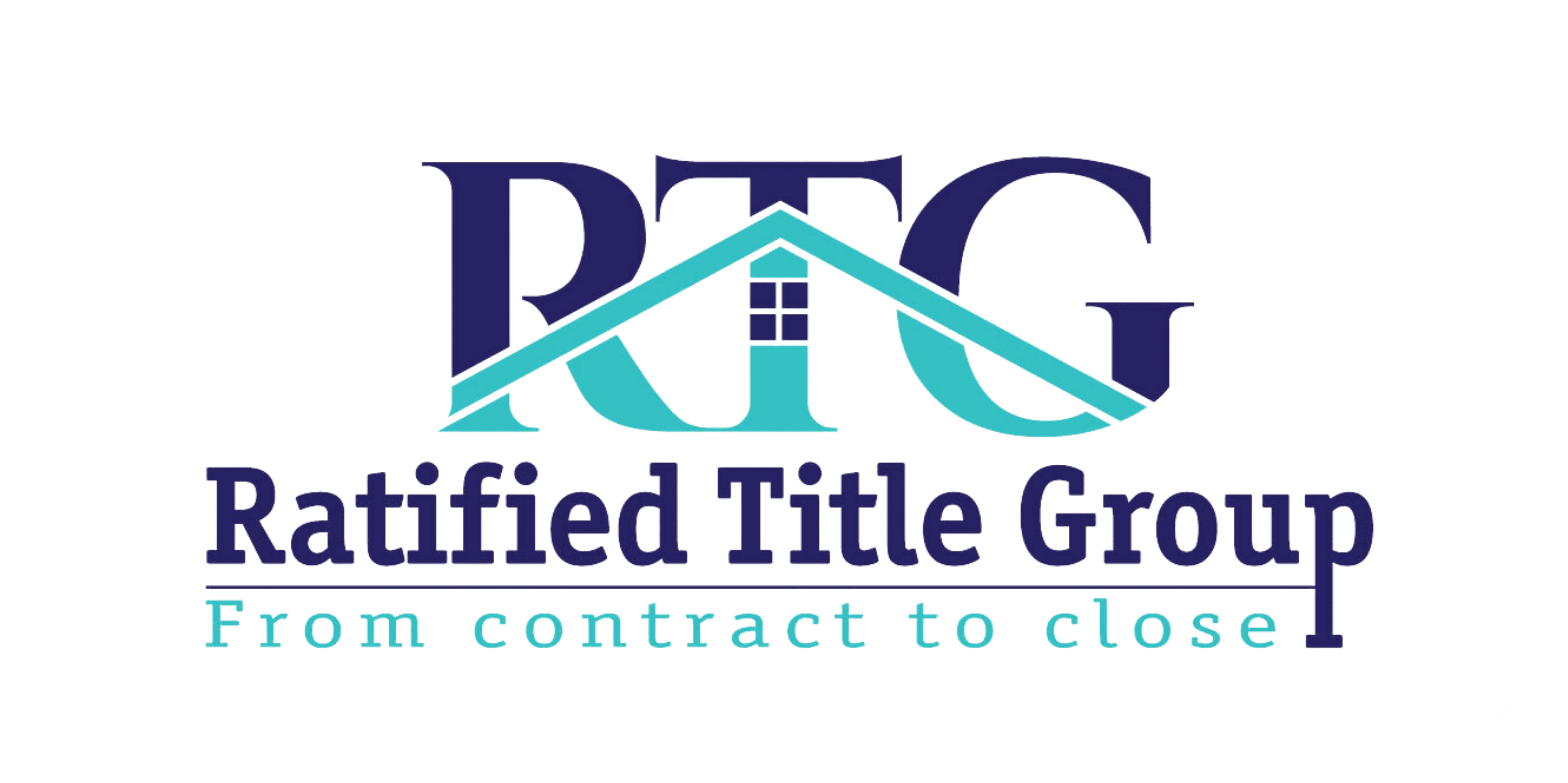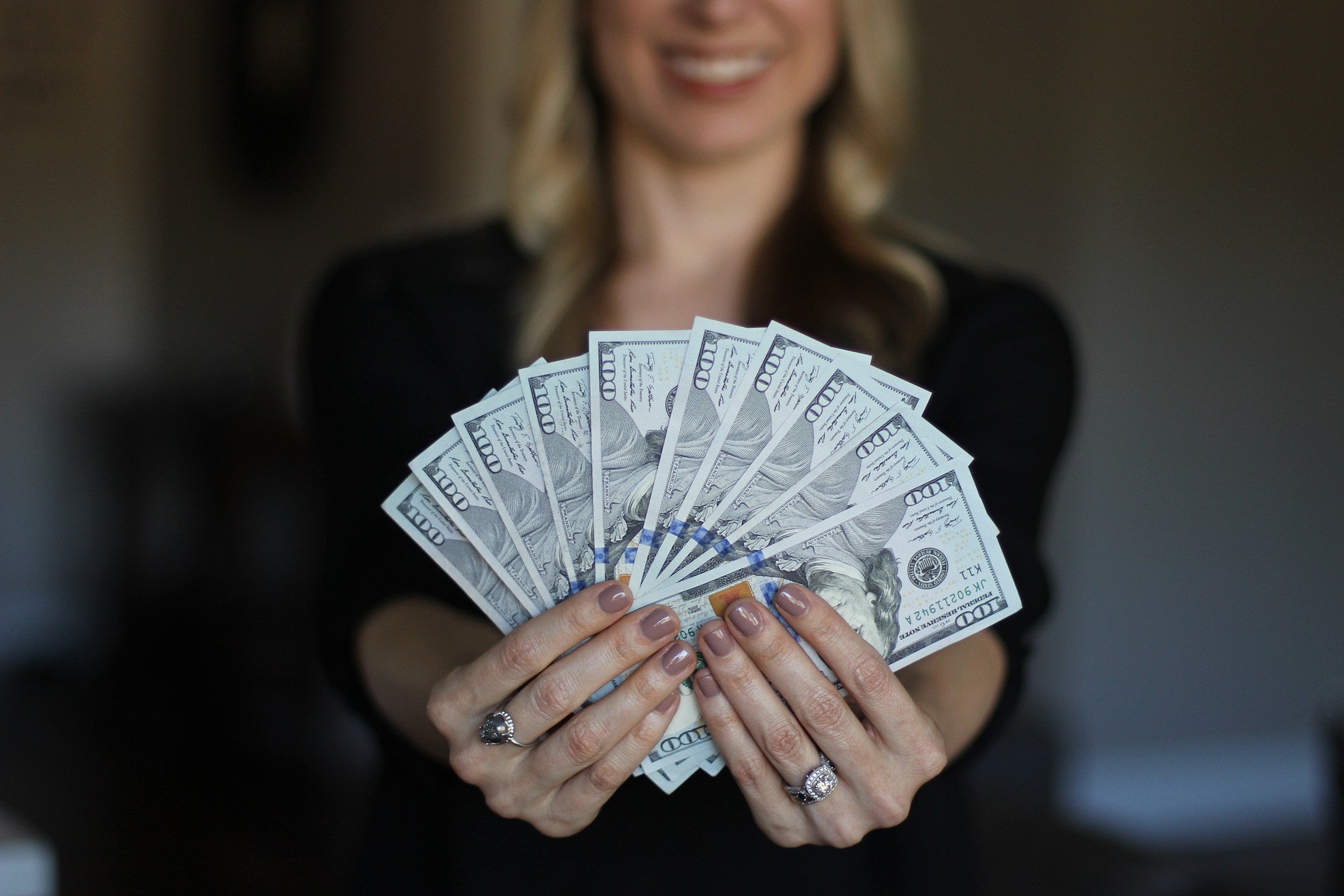When getting a loan to buy a house, you will typically need to make a down payment. This can be daunting as there is a misconception that all down payments have to be 20% of the purchase price of the house. Some lenders only require as little as 3%, but it’s worth considering that the amount of money you put down on a house can lower your interest rate and monthly payments.
What is a Down Payment?
 A down payment is the money you pay upfront out of pocket when you purchase a home. It’s a certain percentage of the total purchase price. Your down payment will be subtracted from the purchase price and whatever is left will be your loan amount.
A down payment is the money you pay upfront out of pocket when you purchase a home. It’s a certain percentage of the total purchase price. Your down payment will be subtracted from the purchase price and whatever is left will be your loan amount.
What You Need to Know About Down Payments
- Why are down payments required? Making a larger down payment shows you have financial strengths and the ability to save. It also shows the lender you take this big investment seriously. In the case of foreclosure, your down payment will not be returned, thus motivating you to make your monthly payments.
- Why should you put more money down? Although there are options for lower down payments, it’s wise to save and make a larger down payment if you can. Making a larger down payment has several advantages:
- You can avoid or lower upfront fees.
- You will avoid needing Private Mortgage Insurance (PMI).
- It will lower the total amount you need to borrow from your lender.
- It will lower your monthly mortgage payment.
- You’ll have more equity in your home from the start.
- What if you can’t make a large down payment? Not all mortgages require a 20% down payment. More than 70% of first-time home buyers make a down payment of less than 20%. Some lenders require at least 3% while others require more. Conventional loans require 3% and FHA loans require 3.5%. For conventional loans, if you make less than a 20% down payment, you will be required to purchase PMI. Some loans such as VA loans and USDA loans don’t require a down payment at all. Additionally, there are state bond and state agency programs that can assist with your down payment if you are a qualified first-time home buyer or haven’t owned a home in three years.
- What are the advantages of smaller and larger down payments? Most real estate agents will encourage you to put 20% down, but a smaller down payment will enable you to buy sooner and gives you more funds for repairs and renovations. It will also keep more money in your savings account for emergencies. On the flip side, a larger down payment will lower your interest rates and monthly payments and also reduce your mortgage insurance costs.
- What are some typical lender requirements? A lender will likely set a down payment requirement. Paying less than 20% means you have to purchase PMI, which protects the lender in case you default on your loan. If you can’t put 20% down, consider an FHA loan, which only requires 3.5% down.
- Are there any alternatives to down payments? Certain professions, such as teaching and first responders, may be able to get special assistance and loan programs. Another option is to accept a down payment gift from a relative. Certain rules apply to this type of gift, which you can read about on Smartaccess.com.
 Do you still have questions about down payments? We’d love to help! Reach out to us at 571-234-5589 or email us at [email protected]. For videos on lead generation, Facebook tips, handy realtor tools and more, be sure to check out our YouTube channel.
Do you still have questions about down payments? We’d love to help! Reach out to us at 571-234-5589 or email us at [email protected]. For videos on lead generation, Facebook tips, handy realtor tools and more, be sure to check out our YouTube channel.

